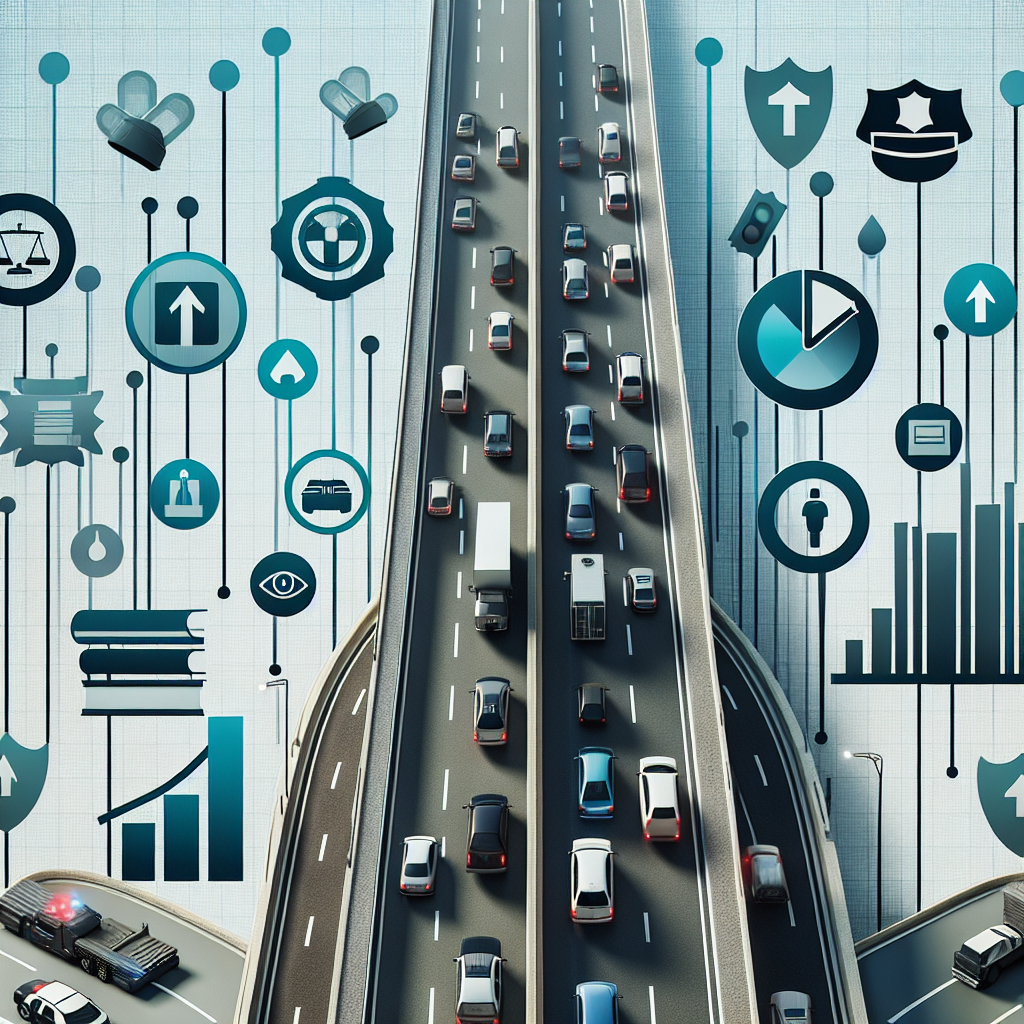DMV Trends: How New Laws Are Helping Traffic Enforcement
Introduction
Traffic enforcement means making sure people follow the rules of the road. It’s important for keeping everyone safe. When traffic rules are enforced well, dangerous driving is reduced, and there are fewer accidents. Recently, new laws have come into play that are changing how the Department of Motor Vehicles (DMV) and police officers manage traffic. These changes aim to make things work better and faster. Let’s look at how these laws are improving traffic enforcement.
How DMVs Used to Work
DMVs have always had a lot of challenges. There weren’t enough resources, the technology was outdated, and procedures were slow. This made people wait a long time and caused a lot of frustration. These problems also made following traffic laws harder. New laws help to solve this by giving DMVs the tools they need to become more modern and efficient.
New Laws and Changes
There are many new laws designed to make the DMV and traffic enforcement better. Here are the main changes:
- New Technology: DMVs are using modern tools like automatic license plate systems and electronic tickets.
- Easier Procedures: The processes in DMVs are becoming simpler, reducing paperwork.
- Better Data Sharing: Different agencies like DMVs and police are sharing information more easily.
The new laws aim to make operations more efficient, make enforcement accurate, and increase safety on roads.
Cool Tech and Its Impact
New technology is really helping DMVs. These advancements have made enforcement faster and easier. Here are some examples:
- Automated License Plate Recognition (ALPR): These systems use cameras to quickly read license plates, making identification faster and more accurate.
- E-Ticketing: Police can now give tickets digitally, which makes the process quicker and less prone to mistakes.
These technologies mean tasks get done faster, errors decrease, and more vehicles can be monitored without falling behind.
Better Sharing of Information
Sharing data between city and state traffic departments is crucial. New laws help in smooth data exchange, so every department is on the same page. This allows:
- Real-Time Info: Police have access to the latest information for accurate ticketing.
- Working Together: Different departments can work better as a team and share resources.
Better data management and cooperation lead to smarter and faster traffic law enforcement.
Are These Changes Effective?
These new laws are making DMVs more efficient, as seen in many reports and studies. For instance, places using ALPR systems have quicker response times and issue more accurate tickets. DMV workers and police officers are seeing improved productivity because things are automated and streamlined. Yet, some challenges remain. Not all areas have adopted these changes, and some still use old systems. However, the positive results show a bright future for traffic law enforcement.
What’s Next?
The future of traffic enforcement looks even more tech-focused. There may be tools like AI to predict traffic patterns and mobile apps to help with DMV services. It’s important to keep updating laws to support new technology and safety. Lawmakers and DMV staff need to stay proactive to ensure laws are up-to-date, technology is user-friendly, and everyone’s safety comes first.
Conclusion
New laws are key to improving DMV efficiency and traffic enforcement. By embracing new technologies and better data sharing, these changes are making traffic management more efficient. Continued innovation is vital, and public support for these changes helps ensure ongoing success.
What You Can Do
It’s important for everyone to stay informed about DMV operations and new laws. Support your local DMVs by encouraging tech improvements. Share what you learn to help improve traffic rules and safety.
Additional Resources
- Find more about recent law changes at the National Conference of State Legislatures.
- Discover more about tech in traffic enforcement with The International Association of Chiefs of Police.
- Contact your local DMV for questions or to learn more about these changes.
Call to Action
Excited about how new laws are fostering traffic enforcement improvement? Why not take an active part in ensuring your local DMV is leveraging these new opportunities? Visit us at Tags Clinic at 3845 University Ave, San Diego, CA, or give us a call at 619-777-9046. Let’s all play our role in making our roads safer. Check us out at Tags Clinic.
